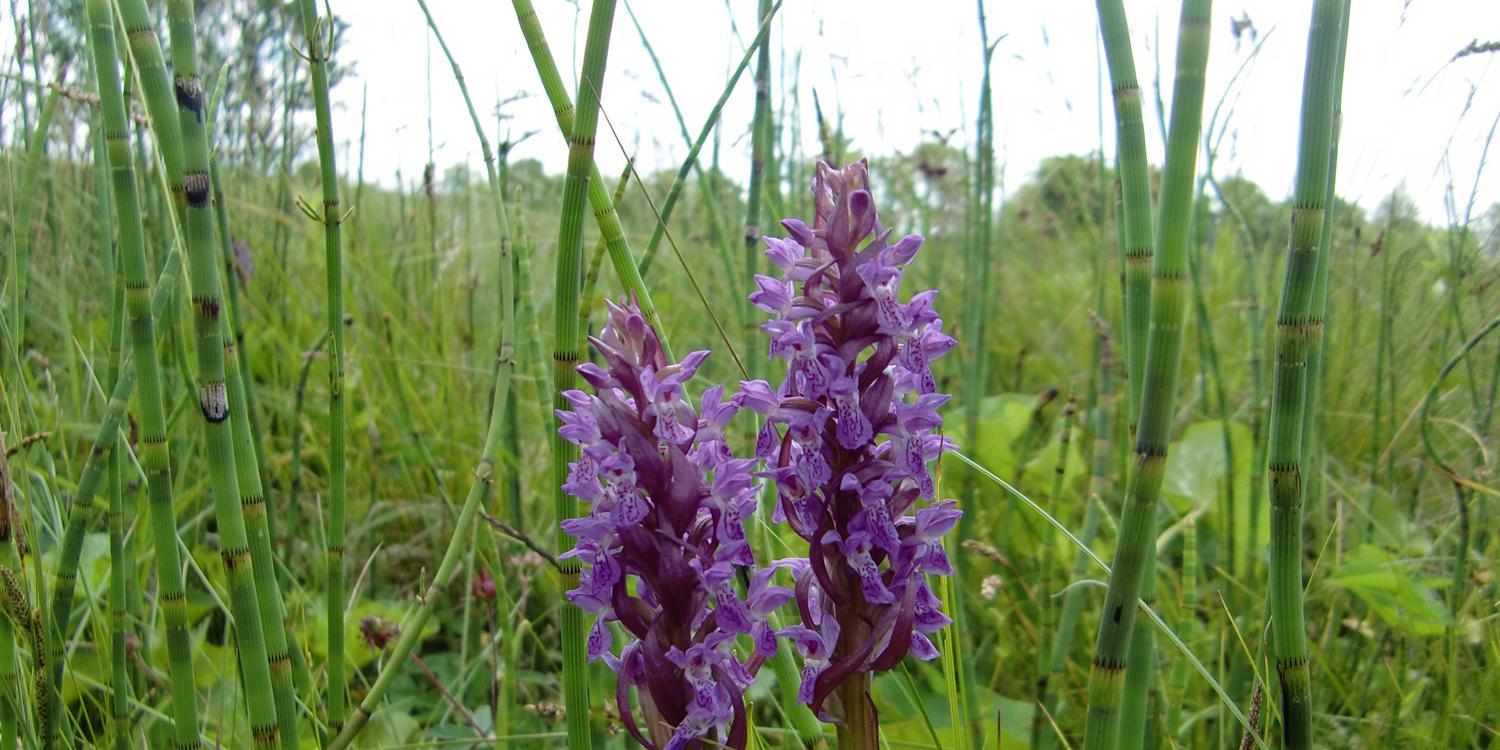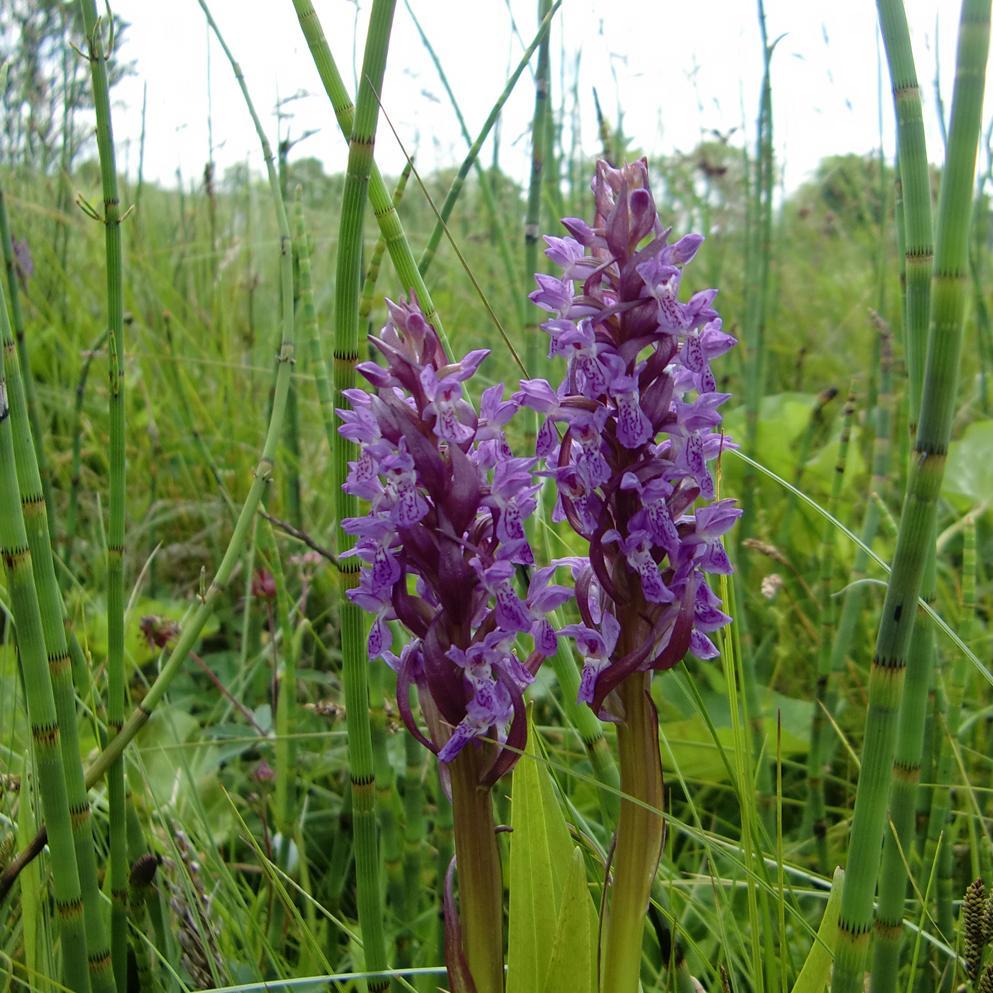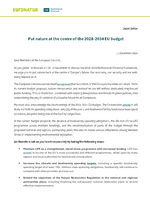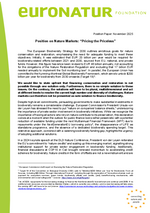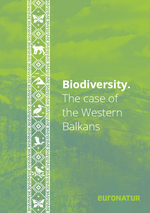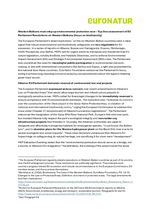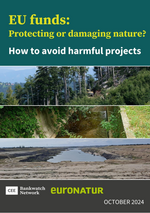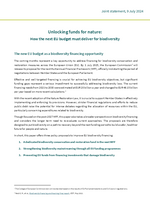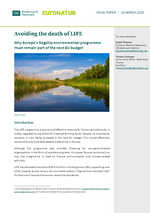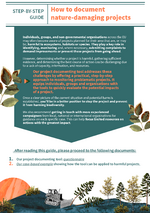EuroNatur: Advocate for a better nature conservation policy
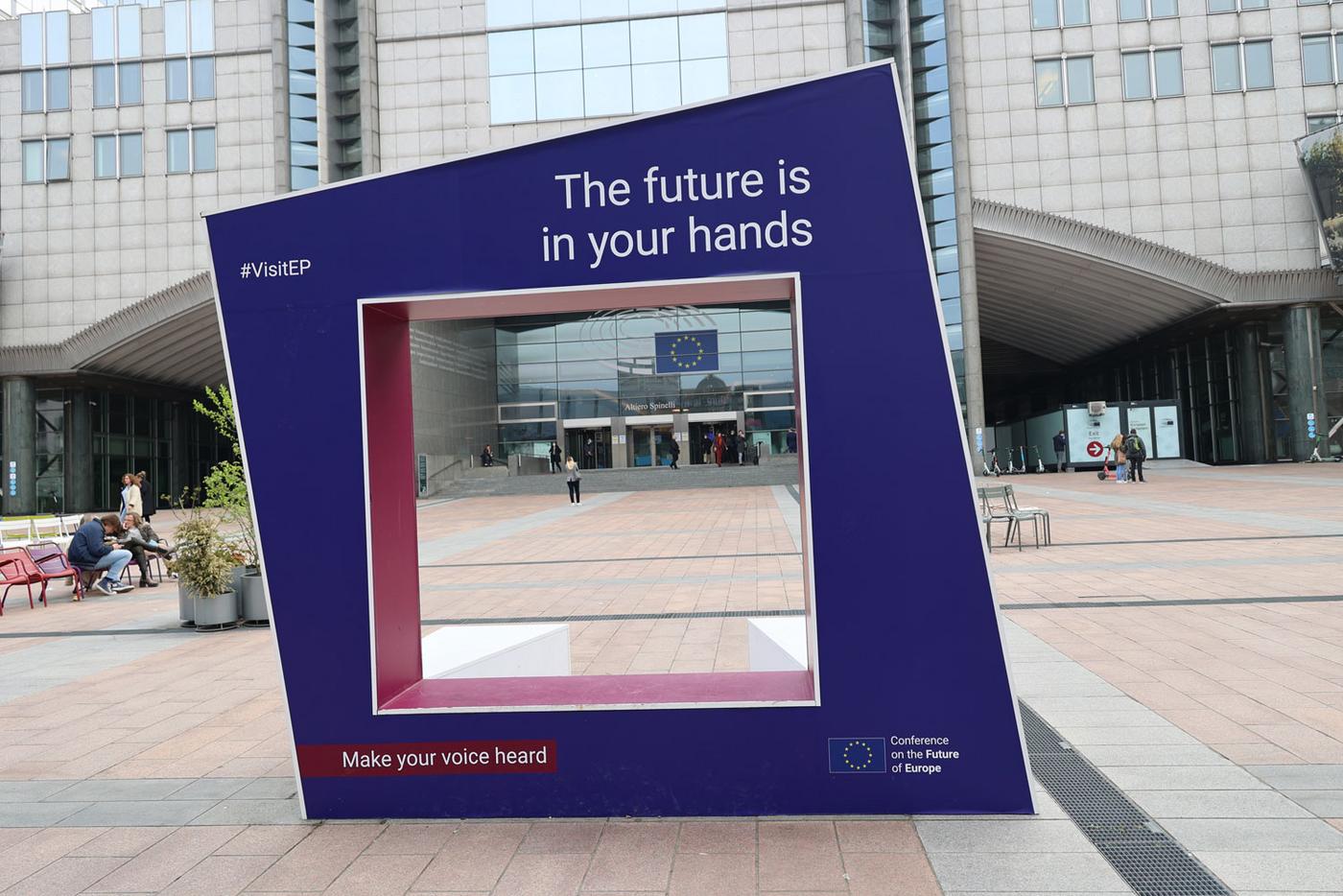
In front of the EU Parliament
© Mira BellSince its foundation, EuroNatur’s work has been focussed on Europe. To protect Europe’s rivers and forests, large carnivores and birds, we encourage the decision makers in Brussels to take an active role with their policies. This is why in 2021 we decided to open a branch in the Belgian capital. From here we can exert influence to realise the major environmental targets of the European Union, for example by directing investment in the right direction. In the course of the EU's enlargement process, we aim to make EU environmental legislation a top priority.
More funding to protect biodiversity
Tackling the biodiversity crisis should be the European Union’s top priority. EU funds can actually offer possible funding for this, but their potential is often not fully exploited. On the contrary: working together with a network of NGO partners, we have discovered that at least ten per cent of these monies flow into projects that actually harm nature. What is going wrong?
We identify the barriers that torpedo the funding of measures to protect biodiversity and deliver recommendations to national and international decision makers on how to improve the situation. EuroNatur wants to see higher sums dedicated to protecting, or as the case may be restoring Europe’s biodiversity in the future. Furthermore, we are campaigning for the criteria used in allocating EU funds to be improved.
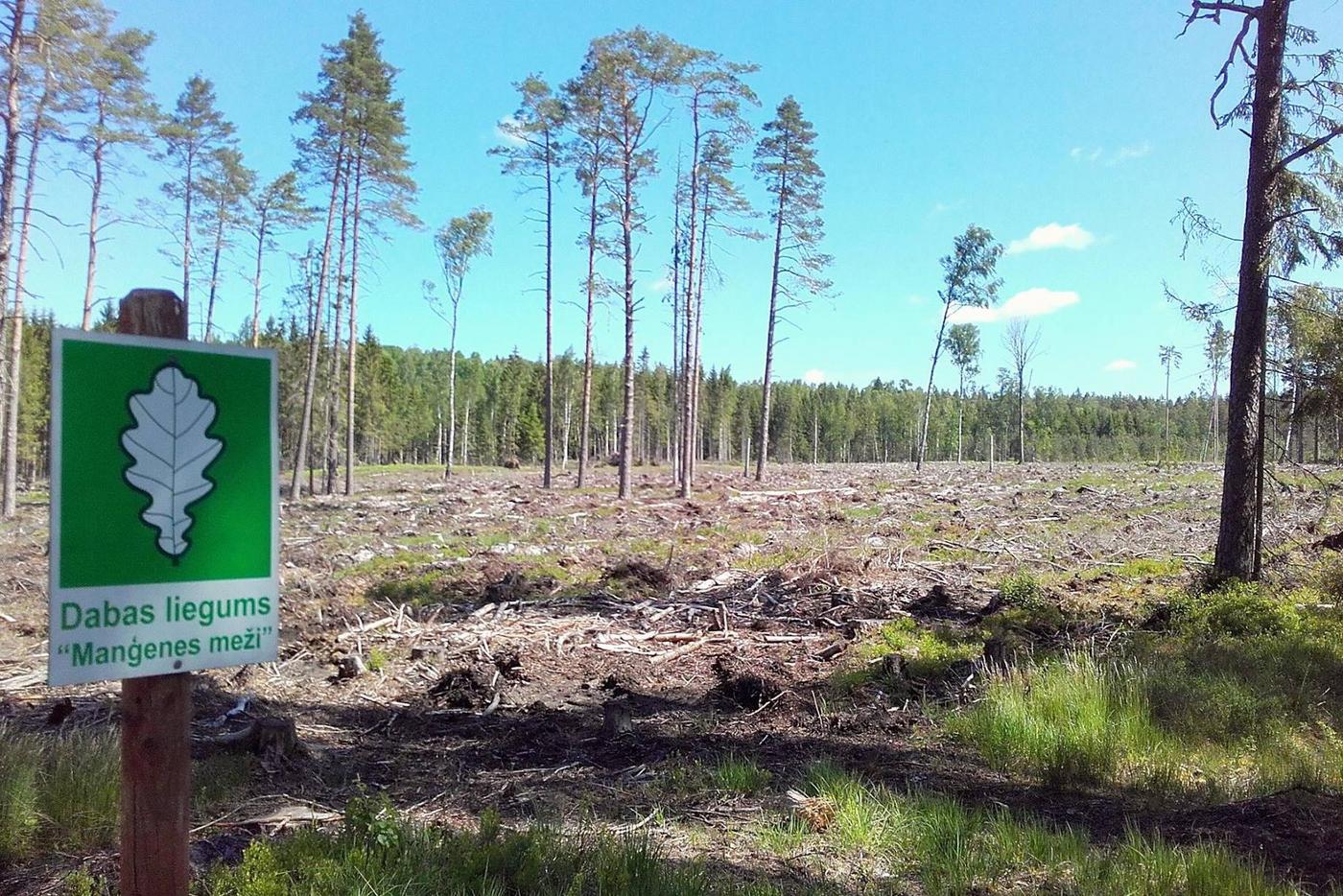
Clear-cutting for the sake of supposed nature conservation? In many EU countries, numerous planned measures that are actually intended to help nature are threatening to have an extremely detrimental effect on nature.
© Ģirts StrazdiņšTracking the West Balkan states as they enter the EU
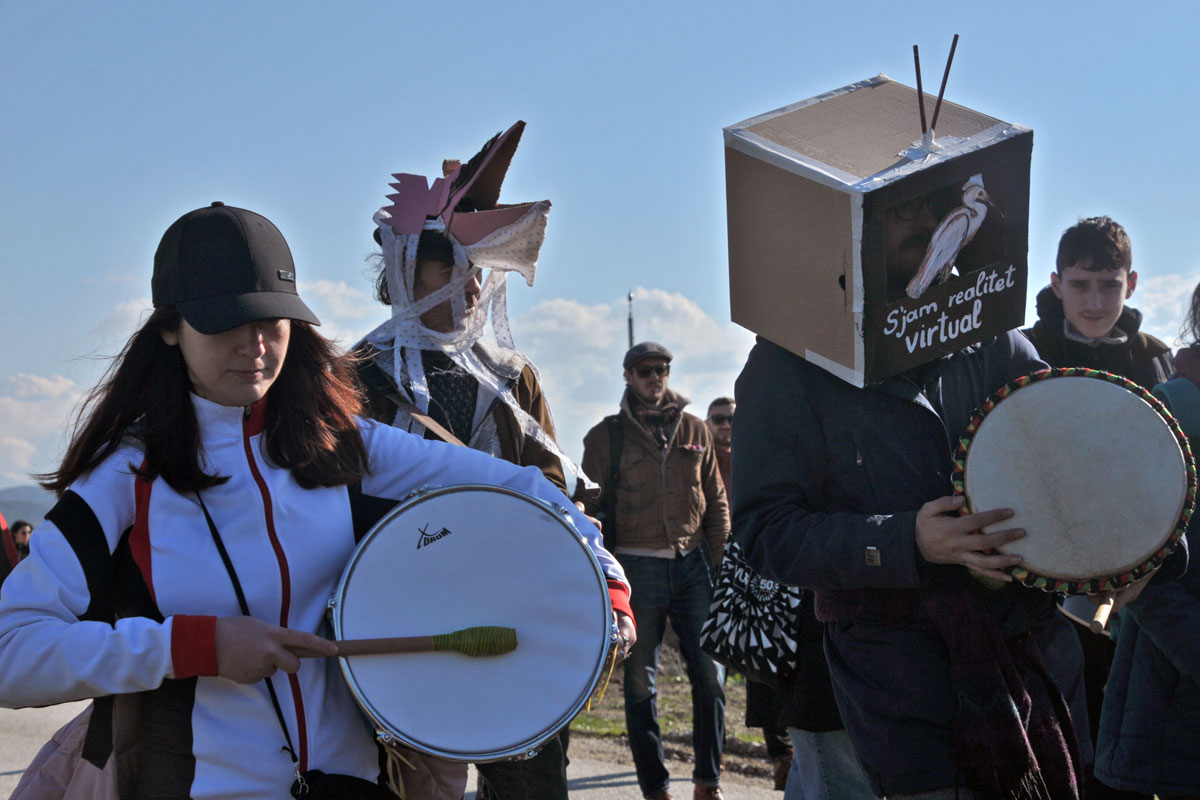
Protest by our Albanian partners against the construction of the Vlora airport near the Narta lagoon. A halt to the construction of this nature-destroying project must be a condition of Albania's entry to the EU.
© PPNEA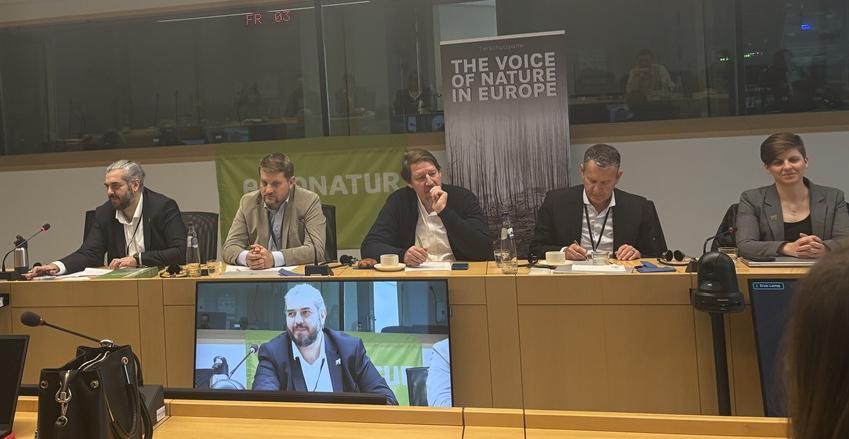
“Monitoring the accession process as a watchdog”: EuroNatur employees and EU parliamentarians at a joint event on the Balkan lynx in September 2025.
© Sonia LeiboldEuroNatur is playing an important role in the accession process for the West Balkan states (Albania, Bosnia-Herzegovina, Kosovo, North Macedonia, Montenegro and Serbia) to join the European Union, campaigning intensively for environmental protection and biodiversity in the region. We work closely with local partners in the West Balkan states and with international organisations in Brussels to ensure that the environmental aspects of the accession negotiations are taken into consideration.
A key focus in this is the implementation in the West Balkan states of the EU directive on the protection of birds and the fauna-flora-habitat directives. These are crucial for the protection of endangered species and their habitats. We demand that these countries must take concrete steps to implement the directives in full.
An example of our work in this field is our campaign against the construction of the Vlora international airport in Albania. The planned airport lies close to the Narta lagoon, an important habitat for migratory birds such as flamingos and pelicans. EuroNatur is demanding an immediate stop to the building works and a comprehensive reassessment of the project in line with environmental goals. This must be a condition of Albania’s entry to the European Union.
Publications
Put nature at the centre of Europe’s budget 2028–2034
(429 KB)Position on Nature Markets: “Pricing the Priceless”
(4 MB)Biodiversity. The case of the Western Balkans
(4 MB)Western Balkans must step up environmental protection now
(112 KB)EU funds: Protecting or damaging nature? How to avoid harmful projects
(3 MB)Unlocking funds for nature: How the next EU budget must deliver for biodiversity
(314 KB)Avoiding the death of LIFE
(209 KB)How to document nature-damaging projects
(10 MB)


